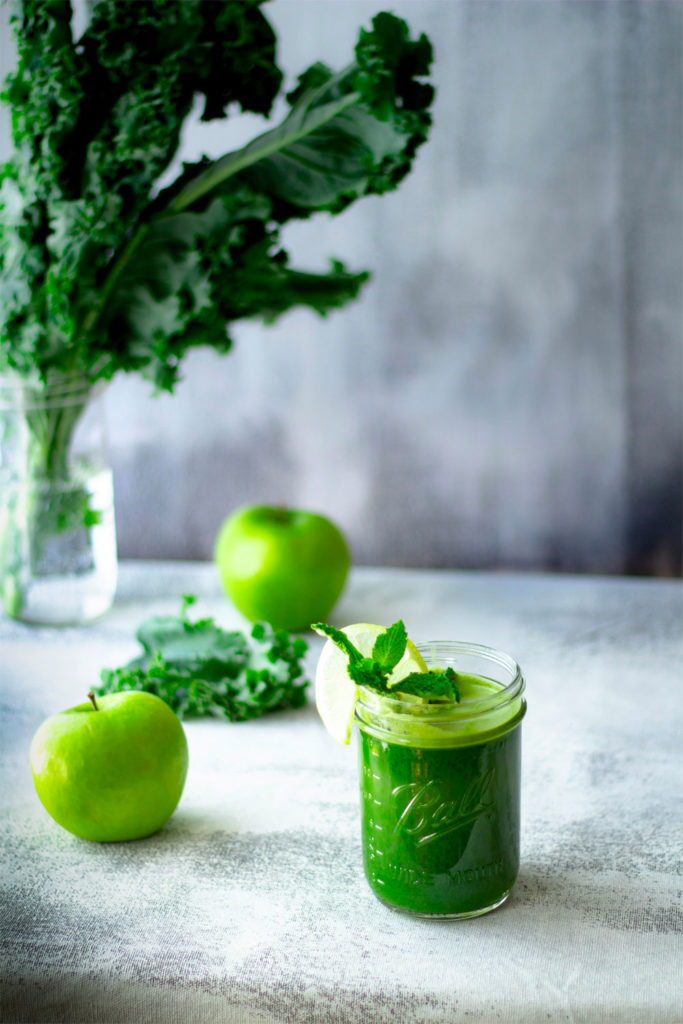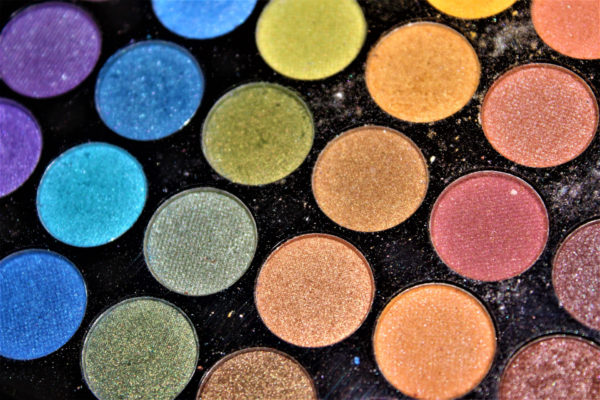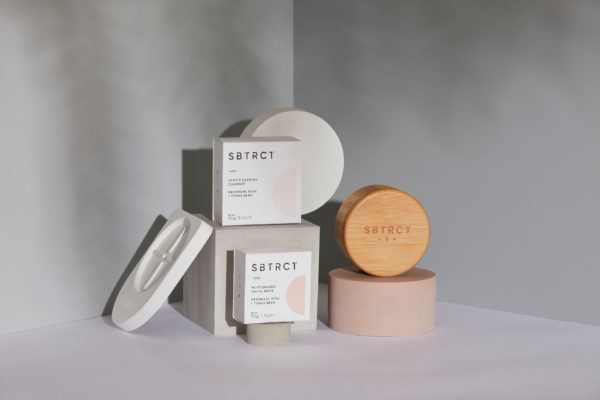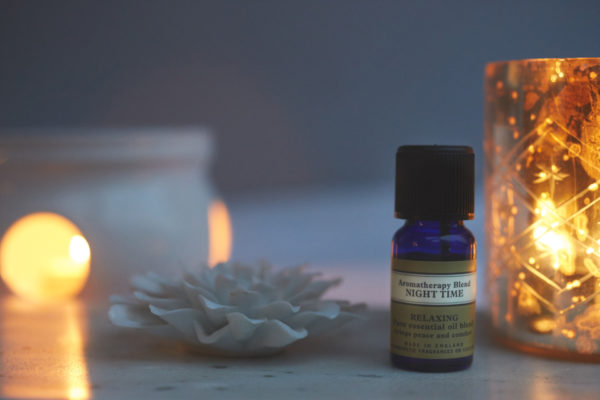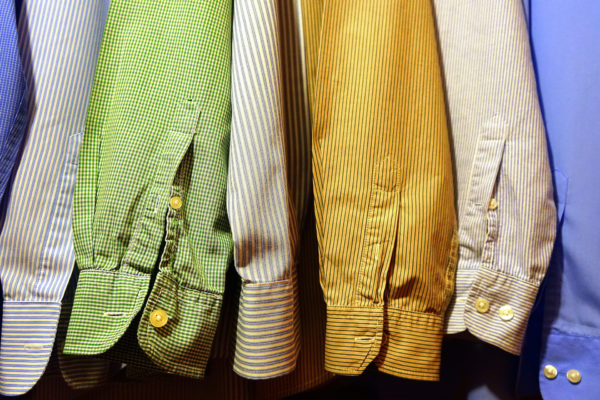How To Cut Down On Cosmetic Waste In 2023
By
2 years ago
Beautiful Routine = Beautiful Planet

Many of us rely on our beauty products to help us feel fresh, healthy and confident. But when you’re applying creams, brushing on mascara and filling in your eyebrows, do you stop to think about the environmental impact of the products? It might be time to start. According to Insider Packaging, the beauty industry is the worst for creating plastic waste (much of it unrecyclable), contributing to 120 billion units of packaging every year. With the best place to start tackling the issue being home, we’ve put together some tips on how to cut down on cosmetic waste that you can use on a daily basis.
How To Cut Down On Cosmetic Waste In 2023
Buy Less
Perhaps the simplest solution to cut down on cosmetic waste is reducing the amount of product we buy in the first place. The UK has one of the biggest cosmetics markets in Western Europe (trailing close behind Germany and France), and is currently valued at £12.14 billion – and while it’s not a sin to splurge on the latest eye cream, eyeshadow palette or nail varnish, we are at fault of buying more than we need and use. By checking what we have at home ahead of shopping (whether it’s the same product or similar), we can minimise the amount we buy and the waste that comes with it.
If It’s Broken, Fix It
We’ve all been there. Caught up in the mad morning frenzy before work, we rush to apply makeup products – and, with our luck, they slip from hands to the floor. Accompanied by an audible crack, we can expect to find an exploded palette or snapped lipstick sat at our feet. But this isn’t the end for our favourite makeup products. Rather than stick it straight in the bin, sweep the internet for a fixer-upper tutorial. TikTok offers some quick DIY fixes under the hashtag #makeuprepair that will save you wasting good product (as well as a bit of money).
@victoria Fix any broken powder ✨ #lifehack #howto #howtobasic #makeuphacks ♬ Campfire – Charmer & Klay
Check The Expiration Date
Be honest, how many products have you let go of because you weren’t sure on the expiration date? Not only are expired less effective, they can also badly irritate skin and cause allergic reactions, so many of us avoid the risk by binning products prematurely when we’re not sure of the date. But finding out the expiration date is much easier than we think. Every beauty product has a set lifespan once opened, as noted by on its packaging or bottle. If you look, you’ll find a small symbol of an opened tub, above which is a number followed by the letter ‘M’. This denotes how many months the product is good for. Once opened, you can mark the date on the bottle so that you don’t forget. The shorter the lifespan of a product, the better it is not to buy big or in bulk – unless you go through it at top speed.
Avoid Single-Use Wipes
Single-use items are one of the biggest causes of large-scale pollution. The Marine Conservation Society revealed that the number wet wipes washing up on British beaches had increased by 50 per cent between 2013 and 2020, averaging at 35 wipes found for every kilometre of beach. Most wipes are neither recyclable or compostable, with the average makeup wipe taking 100 years to break down in landfill. With this in mind, it’s better to cut back on the wipes and instead opt for reusable facial pads and towelettes.
Opt For Easily Refillable Products
Refill is the way forward for many cosmetics brands. Shops and hubs specialising in product refills are popping up all over the UK, largely led by small-scale sellers with a passion for making a difference. But that’s not to say household names aren’t taking notice: The Body Shop has been directing its customers to refill stations since 2019, when it launched two refill concept stores for us to try. It now aims to have 159 stores in the UK and 500 globally by the end of 2022. You can see where you can refill your beauty products in London with our guide here.
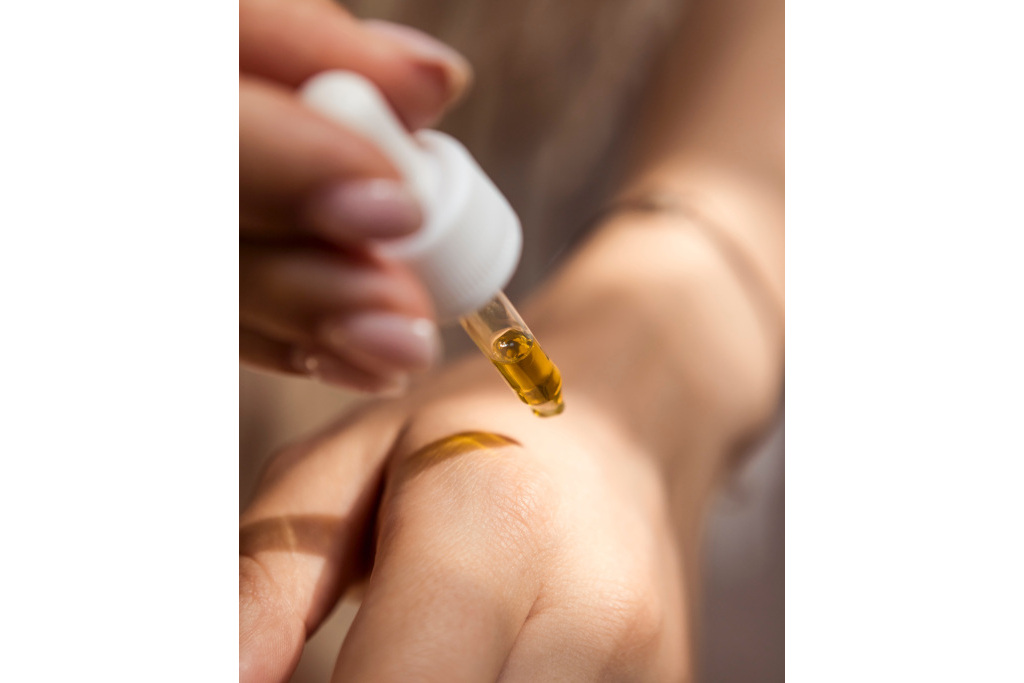
(c) Unsplash
Dispose Of Waste Responsibly
We can’t always avoid waste, but when it does accumulate we must make sure to dispose of it correctly. Avoid flushing away or pouring old products down the sink, as they contain chemicals, microbeads and microplastics that can pollute waterways. Instead, dispose of your products at your nearest council waste centre. Only as a last resort should they be thrown in the general waste bin.
Featured image: Birgith Roosipuu, Unsplash






